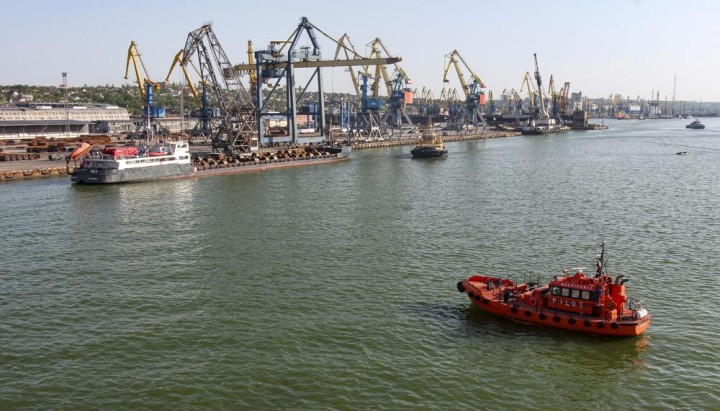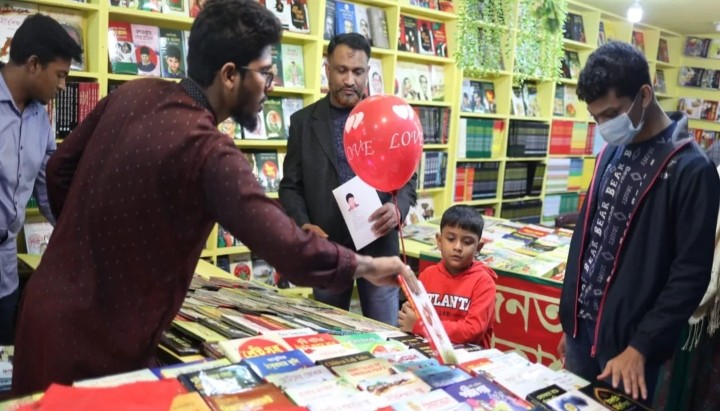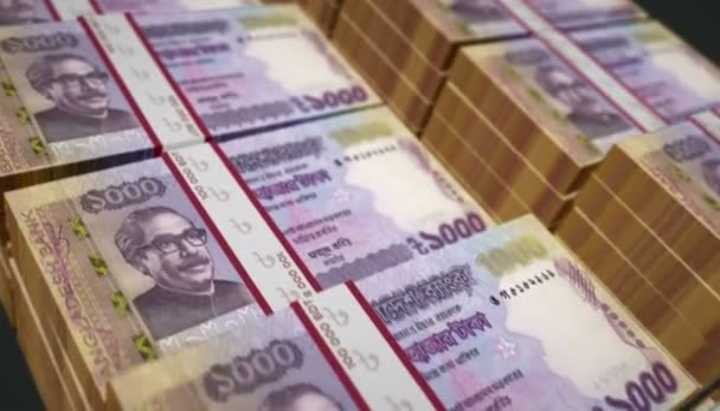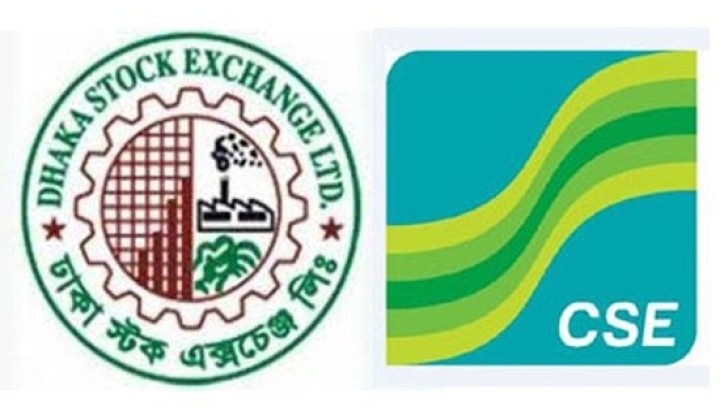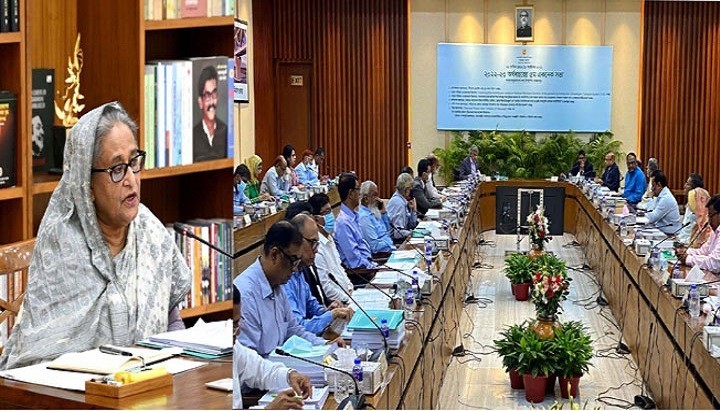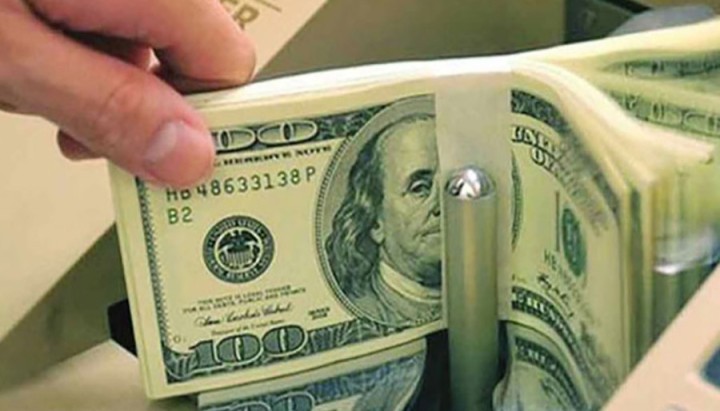The European Union’s groundbreaking decision to ban nearly
all oil from Russia to punish the country for its invasion of Ukraine is a blow
to Moscow’s economy, but its effects may be blunted by rising energy prices and
other countries willing to buy some of the petroleum, industry experts say.
European Union leaders agreed late Monday to cut Russian oil
imports by about 90% over the next six months, a dramatic move that was
considered unthinkable just months ago.
The 27-country bloc relies on Russia for 25% of its oil and
40% of its natural gas, and European countries that are even more heavily
dependent on Russia had been especially reluctant to act.
European heads of state hailed the decision as a watershed,
but analysts were more circumspect.
The EU ban applies to all Russian oil delivered by sea. At
Hungary’s insistence, it contains a temporary exemption for oil delivered by
the Russian Druzhba pipeline to certain landlocked countries in Central Europe.
In addition to retaining some European markets, Russia could
sell some of the oil previously bound to Europe to China, India and other
customers in Asia, even though it will have to offer discounts, said Chris
Weafer, CEO at consulting firm Macro-Advisory.
“Now, for the moment, that’s not financially too painful for
Russia because global prices are elevated. They’re much higher than last year,”
he said. “So even Russia offering a discount means that it’s probably selling
its oil for roughly what it sold for last year also.”
He noted that “India has been a willing buyer” and “China’s
certainly been keen to buy more oil because they’re both countries who are
getting big discounts on global market prices.”
Still, Moscow has traditionally viewed Europe as its main
energy market, making Monday’s decision the most significant effort yet to
punish Russia for its war in Ukraine.
“The sanctions have one clear aim: to prompt Russia to end
this war and withdraw its troops and to agree with Ukraine on a sensible and
fair peace,” German Chancellor Olaf Scholz said.
Ukraine estimated the ban could cost Russia tens of billions
of dollars.
“The oil embargo will speed up the countdown to the collapse
of the Russian economy and war machine,” Foreign Minister Dmytro Kuleba said.
Ukrainian President Volodymyr Zelenskyy said in a video
address that Ukraine will be pressing for more sanctions, adding that “there
should be no significant economic ties left between the free world and the
terrorist state.”
Simone Tagliapietra, an energy expert and research fellow at
the Brussels-based think tank Bruegel, called the embargo “a major blow.”
Matteo Villa, an analyst at the ISPI think tank in Milan,
said Russia will take a pretty significant hit now but cautioned that the move
could eventually backfire.
“The risk is that the price of oil in general goes up
because of the European sanctions. And if the price goes up a lot, the risk is
that Russia starts to earn more, and Europe loses the bet,” he said.
Like previous rounds of sanctions, the oil ban is unlikely
to persuade the Kremlin to end the war.
Moscow seized on the new sanctions to try to rally public support
against the West, describing it as bent on destroying Russia.
Dmitry Medvedev, the deputy head of Russia’s Security
Council who served as the country’s president, said the oil ban aims to reduce
the country’s export earnings and force the government to scale down social
benefits.
“They hate us all!” Medvedev said on his messaging app
channel. “Those decisions stem from hatred against Russia and against all of
its people.”
Russia has not shied away from withholding energy to get its
way. Russian state energy giant Gazprom said it is cutting off natural gas to
Dutch trader GasTerra and Denmark’s Oersted company and is also stopping
shipments to Shell Energy Europe that were bound for Germany. Germany has other
suppliers, and GasTerra and Oersted said they were prepared for a shutoff.
Gazprom previously stopped the flow to Bulgaria, Poland and
Finland.
Meanwhile, the EU is urging other countries to avoid placing
trade barriers on farm products as Russia’s war increases the risks of a global
food crisis.
Zelenskyy has said Russia has prevented the export of 22
million tons of Ukrainian grain, much of it meant for people across the Middle
East and Africa. He accused Moscow of “deliberately creating this problem.”
Russian oil delivered by sea accounts for two-thirds of the
EU’s oil imports from Moscow. In addition to the EU cutoff of such imports,
Germany and Poland have agreed to stop using oil from the northern branch of
the Druzhba pipeline.
Agreeing on sanctions against Russian natural gas is likely
to prove much tougher because it represents a larger percentage of Europe’s energy
mix.
“The very loud and clear message that Moscow will hear is
that it will be near impossible for the European Union to get any agreement on
blocking gas because gas will not be as easily replicated from other sources in
Europe as oil will be,” Weafer said.
- UNB


